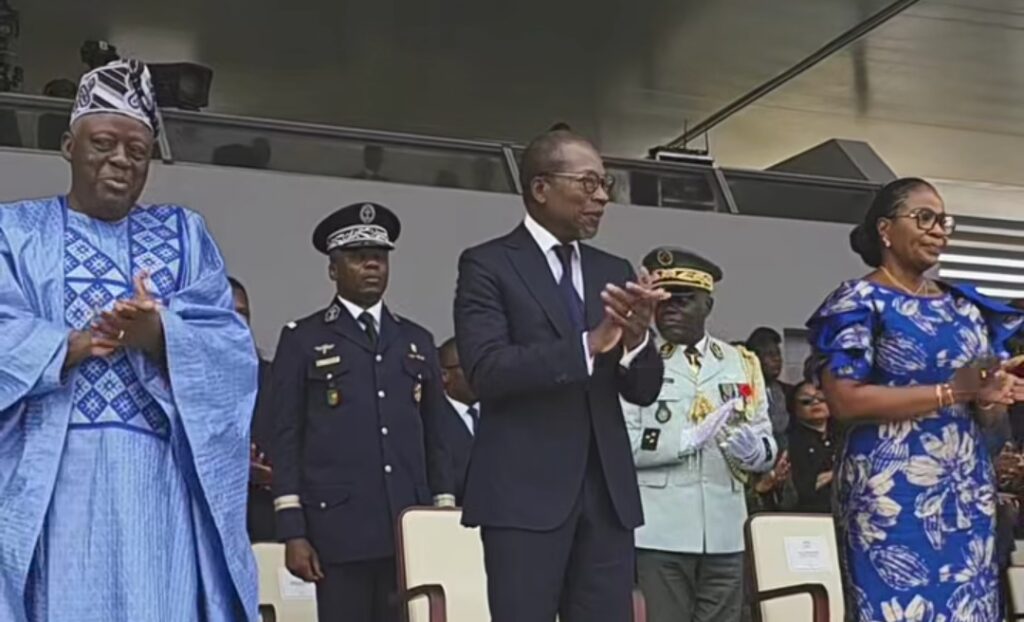
As the nation marked its 65th anniversary of independence on Friday, President Patrice Talon delivered a nationally televised message that blended confident reflections on a decade of leadership with an unprecedented public appeal for forgiveness.
Speaking just months before the end of his second and final term, Talon struck a delicate balance—celebrating the progress made under his administration while acknowledging the controversies and grievances that have shaped his presidency.
In his address, the president offered a detailed review of the reforms and initiatives carried out since he took office.
He praised the modernization of road and airport infrastructure, improvements in tourism and agriculture, and a push for administrative and institutional reform.
The president also highlighted efforts to enhance governance, curb corruption, and increase Benin’s attractiveness to foreign investors.
The message continued in the same vein following the military parade, during an interview with journalists from SRTB, where Talon reiterated his pride in the transformation his government has overseen.
However, it was his unexpected moment of contrition that drew the most attention. For the first time during his presidency, Talon openly acknowledged that not all his decisions had been well received.
“I may have made mistakes,” he admitted, “given that I am not God.” Without specifying particular missteps, he asked the Beninese people for forgiveness—a rare act of humility for a leader known for his firmness and often uncompromising stance.
While he stopped short of detailing the contentious political choices that have sparked criticism and opposition boycotts in recent years, his carefully worded apology has been interpreted by some observers as a gesture aimed at calming tensions and encouraging national unity ahead of the 2026 presidential election.
As the independence celebrations concluded, Talon’s message left a dual impression: that of a president proud of a decade of change, yet increasingly aware of the deep divisions that remain.



